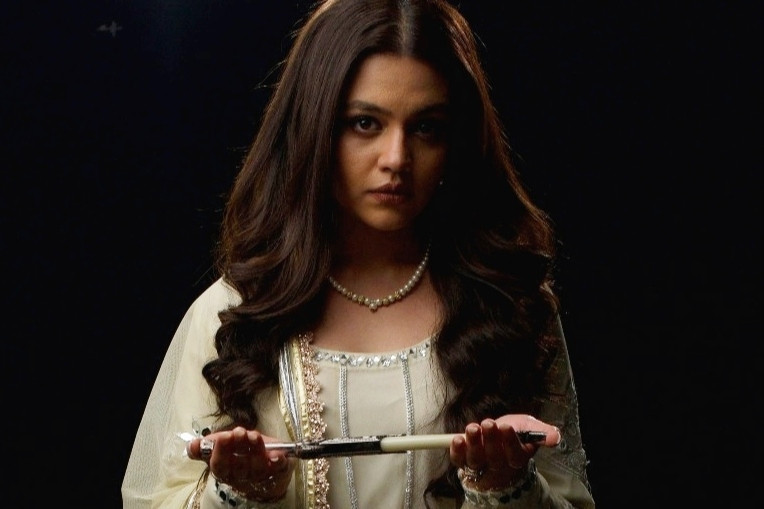
Pirni, power and politics: Upcoming drama serial has a woman fighting for her ‘gaddi’
Producer, cast and crew say the project is a work of fiction
LARKANA:
Shot in Pir Jo Goth on the outskirts of Larkana city at producer Rafay Rashdi’s ancestral haveli, the yet-to-be-released drama serial Badshah Begum initially seems to come attached with a certain kind of political baggage. However, what becomes apparent after a conversation with the cast and crew of the royal drama, due in no small part to a collective insistence on the series’ “fantastical” nature, is that Badshah Begum aims to divorce itself from any obvious political or religious connections.
The story, as revealed by the cast and crew, revolves around royal sibling rivalries and a battle over the throne of the fictional village of Pirapur, with the titular pirni character, played by Zara Noor Abbas, at the very centre of the dynastic drama. Speaking about the serial, starring an ensemble cast including Yasir Hussain, Farhan Saeed and Ali Rehman Khan, cinematographer-turned-director Khizer Idrees (of Laapata fame) asserts that while Badshah Begum does not draw from the life of any one figure or family, examples of conflicts such as the one at the heart of the series can be found littered throughout the country’s political history.
Expanding on the choice of location, Idrees stressed that the reason behind shooting in Larkana simply boiled down to logistical ease and freedom afforded to the cast and crew due to Rashdi’s home and influence in the area. “We had no intention of showing the fictional setting as part of Sindh, Punjab or Balochistan,” shared Idrees on maintaining that seemingly vital disconnect.
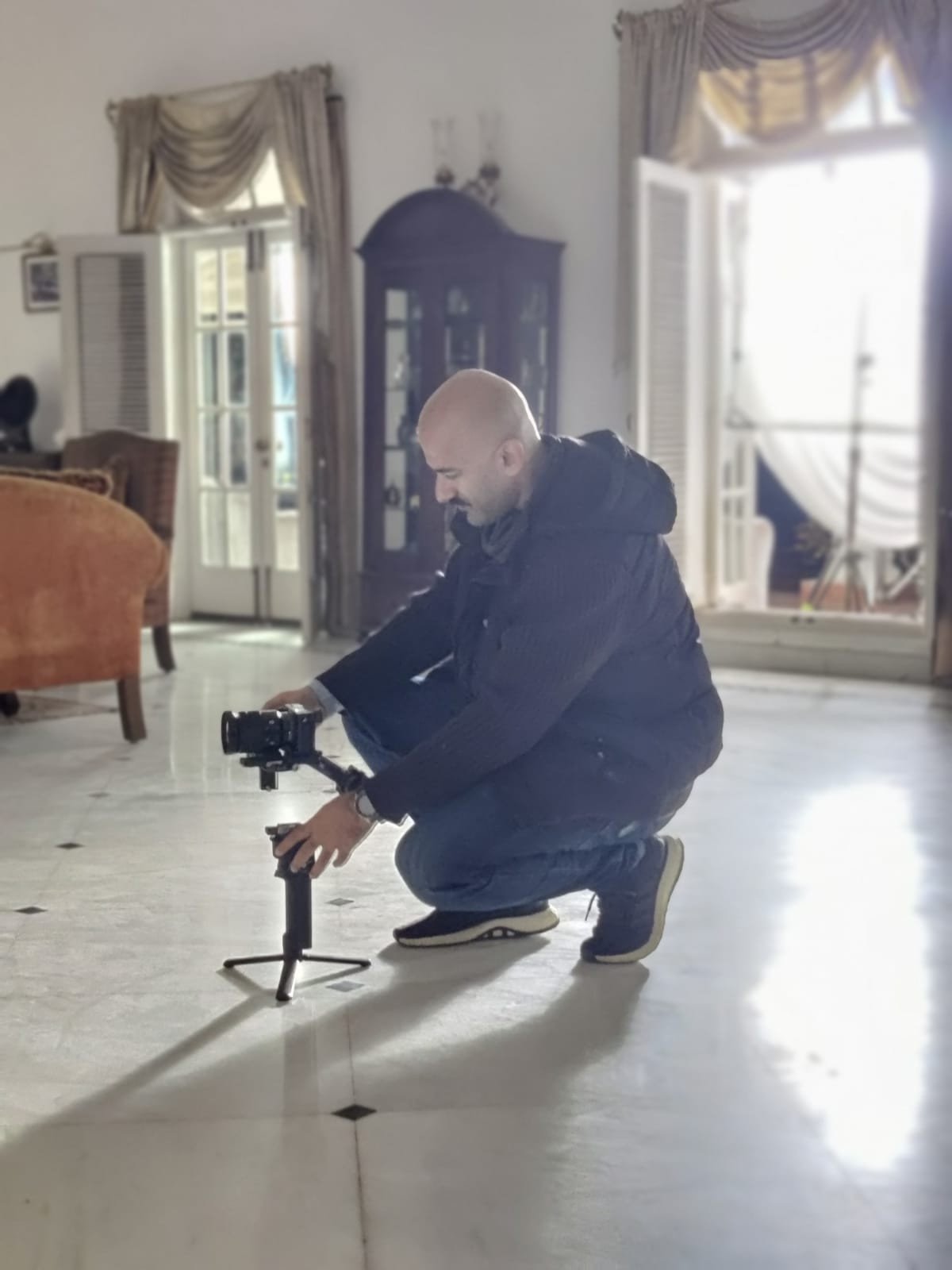
Director Khizer Idrees
"We haven’t specified the location, or even religious sect in the case of the pirs,” explained the director, emphasising the importance of the measure, deemed necessary to respect the political and religious sentiments of the viewers. “Even if a local junior actor came in wearing characteristic clothing of the area, such as ajraks or topis, we’d have them remove them so as to maintain the detachment,” he added.
Echoing the director’s views on the series’ fully fictional nature, making it a point to thank Idrees for his contributions to the project, Rashdi went on to explain how the upcoming drama serial on pir politics has been six years in the making. Put on hold after a jaded Rashdi went searching for greener pastures abroad following an unsuccessful attempt to get the project off the ground, Badshah Begum saw new life breathed into it, thanks to a newfound determination on part of the young producer, as well as the support of one of Pakistani television’s biggest names, Momina Durraid.
While Rashdi has a clear personal attachment to the script, deeming it a “passion project”, the producer understands that passion alone can never be enough. “You need a feasible business model backing it up,” shares Rashdi during a conversation on learning from mistakes made in the past.
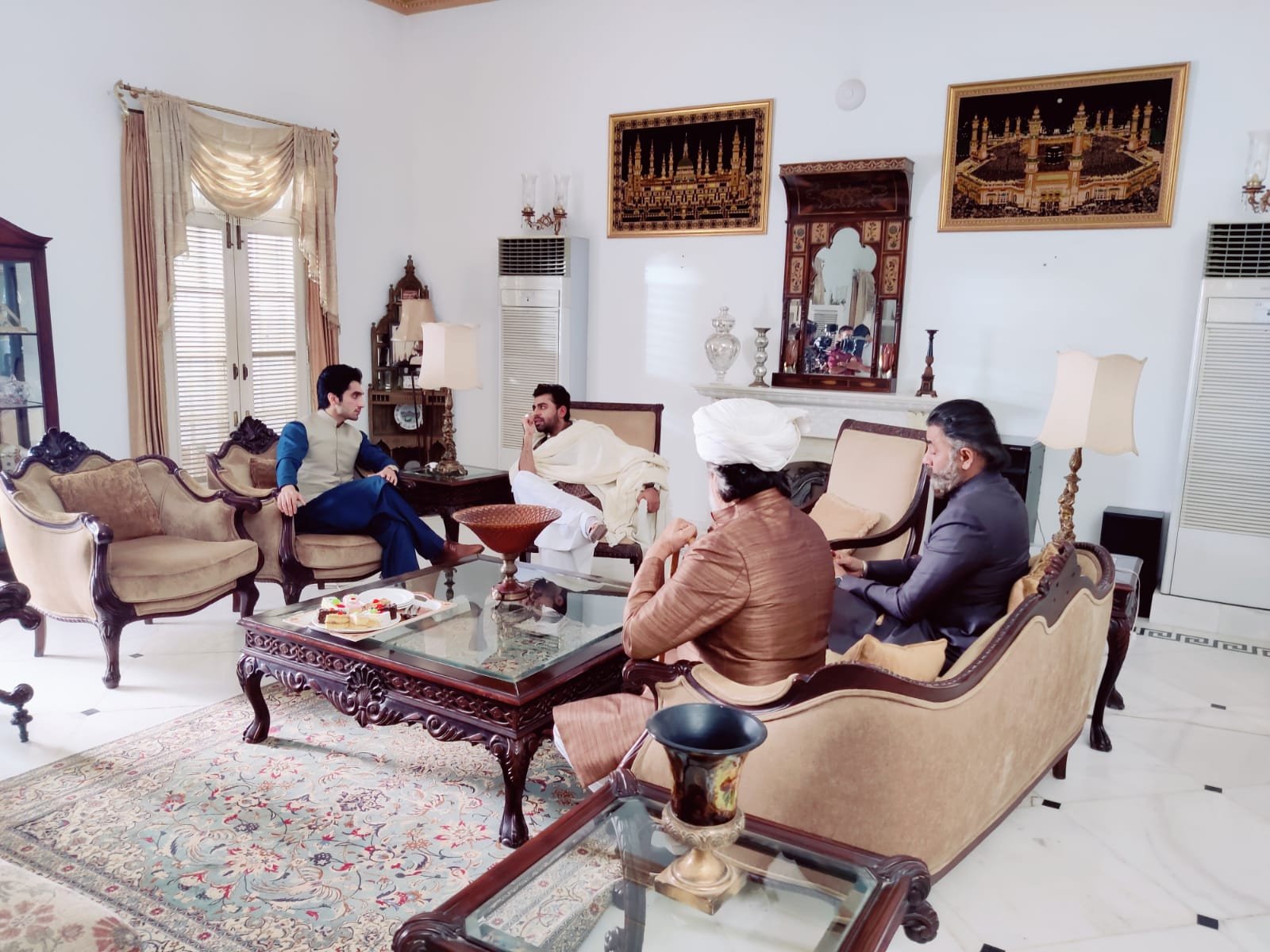
From the set of 'Badshah Begum'
On how completing Badshah Begum was in many ways a matter of principle as well as passion, Rashdi added, “This is very dear to me. I had almost completely left the industry. I’d left the country and moved away because I felt that there was no space for an independent producer. But, I had made a commitment to myself that if I was to ever come back and make something, I would finish this first and then move on to other projects. And, quite frankly, I loved the idea of a woman sitting on the gaddi.”
For Zara Noor Abbas, playing the powerful character of Jahan Ara is in many ways a constant balancing act. “I’m still trying to make sense of who this woman is,” she begins, expanding on the layered nature of her character. “She’ll be crying and wielding a gun at the same time. Her dilemma is between the good and the bad.”
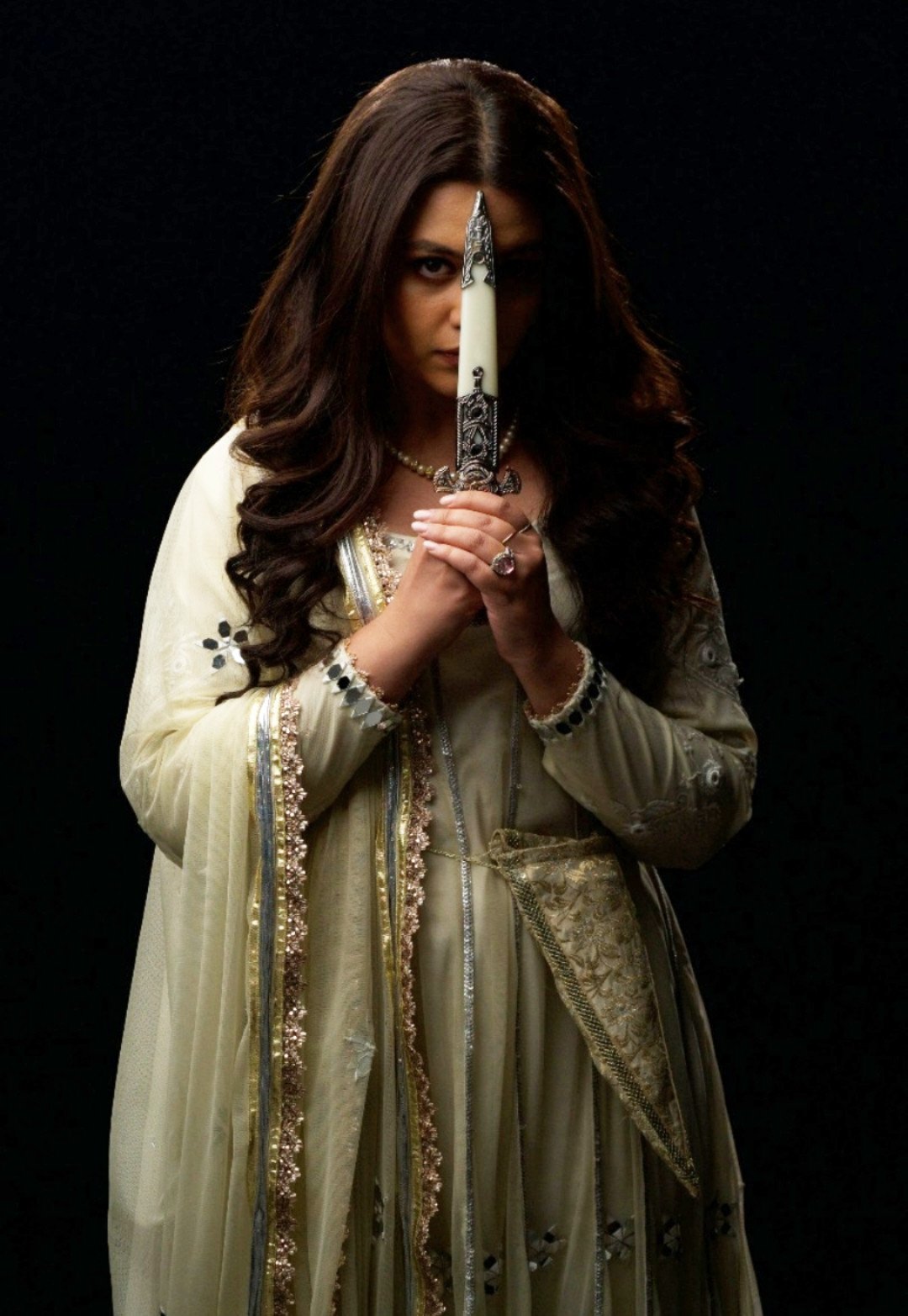
Zara Noor Abbas (Photo credit: Khizer Idrees)
Reflecting further on the conflict at the heart of the character, the actor added, “When you’re running a system, sometimes you do the wrong thing, believing that it is right for the larger good. As grey as it sounds, in her head, some things are necessary evils.”
On the novel experience of wielding weapons for the role, Abbas shared, “Once I got into character on set, that’s when I realised how multifaceted this character was. When I started holding the daggers and wielding guns, I didn’t know what to do next. A gun is such a powerful weapon, it feels like a character in itself. Sometimes I’d pick up a gun and forget my own lines. It was all so new for me.”
The newness of the character for Abbas is in no way lost on her, explaining how the role was meant to push her boundaries, allowing her to “transcend as an actor”. Elaborating on how the character is a welcome break from the usual set of roles available to female actors, Abbas added, “I find it increasingly difficult to just cry on camera. If I’m going to shed tears, I need a valid reason for it. And after the crying, I need something to fight for. I need to understand what to do next with the emotion felt by my character.”
Abbas was not the only actor on set who was adamant about having something to do while in character, with Yasir Hussain, who plays the antagonist in the serial, rejecting the ‘hero’ role outright, owing to its presumed static and aimless nature. “There’s nothing to be done with positive characters in our industry. The hero never really has anything to do, even in this drama,” shared Hussain, pausing with a smirk for added effect.
He continued, “He’ll either come home from the office, where his mother or wife is waiting for him, or he’ll be a lover-boy who can’t do anything that hasn’t already been done by Shah Rukh Khan. In both comic roles as well as villainous ones, you have an end goal in mind. In comedy, if you can’t make your audience laugh, you’re a failure. Similarly, if you’re playing a villain, you need to get the audience to hate your character.”
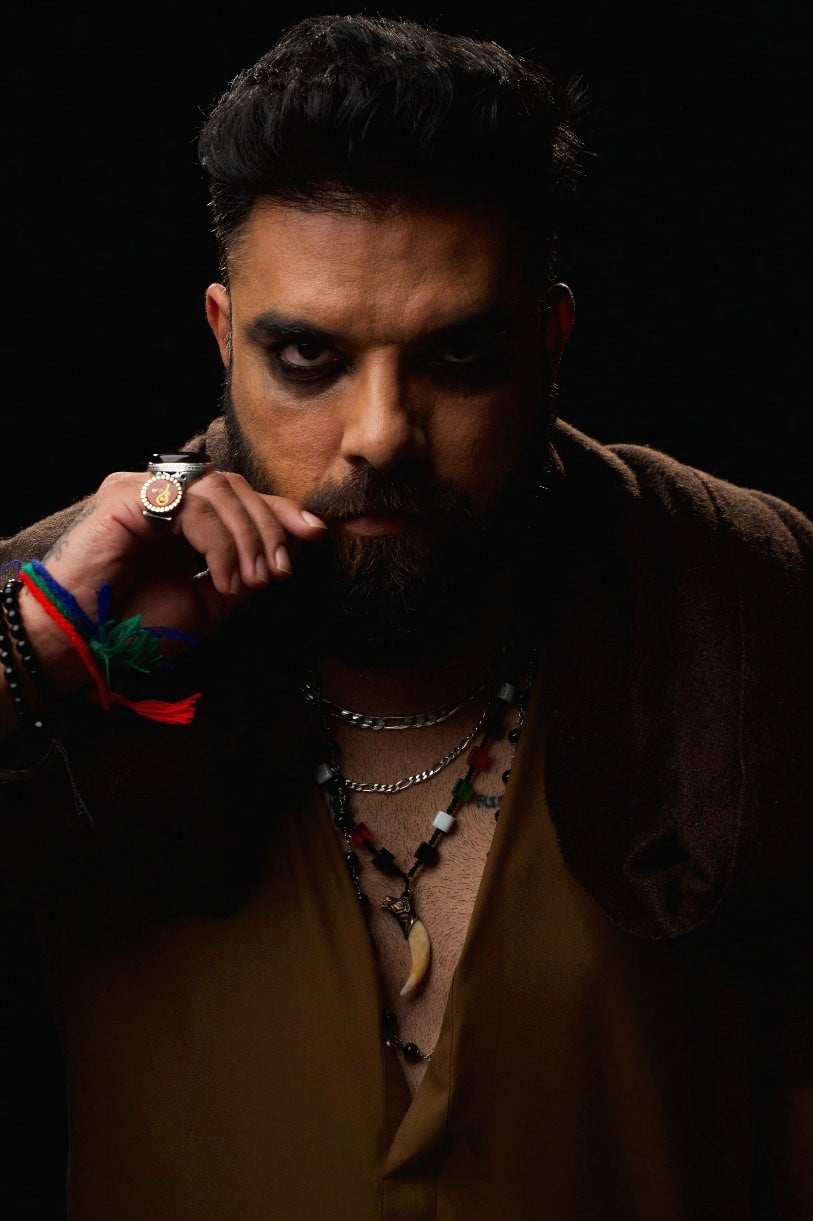
Yasir Hussain (Photo credit: Khizer Idrees)
Explaining how his role in Badshah Begum was more a result of honouring a past commitment as opposed to the urge to play a villainous character outright, Hussain shared that he had agreed to the role six years ago, well before both Baandhi and Javed Iqbal, adding, “My character is also rather brilliant, so refusing it would have been idiotic.”
-(1)1730443275-0/Copy-of-Untitled-(60)-(1)1730443275-0-270x192.webp)
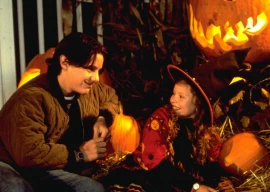
1730095495-1/WhatsApp-Image-2024-10-28-at-11-04-18-(1)1730095495-1-270x192.webp)
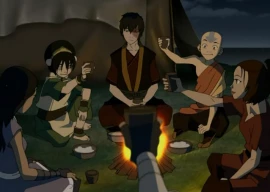











COMMENTS (1)
Comments are moderated and generally will be posted if they are on-topic and not abusive.
For more information, please see our Comments FAQ